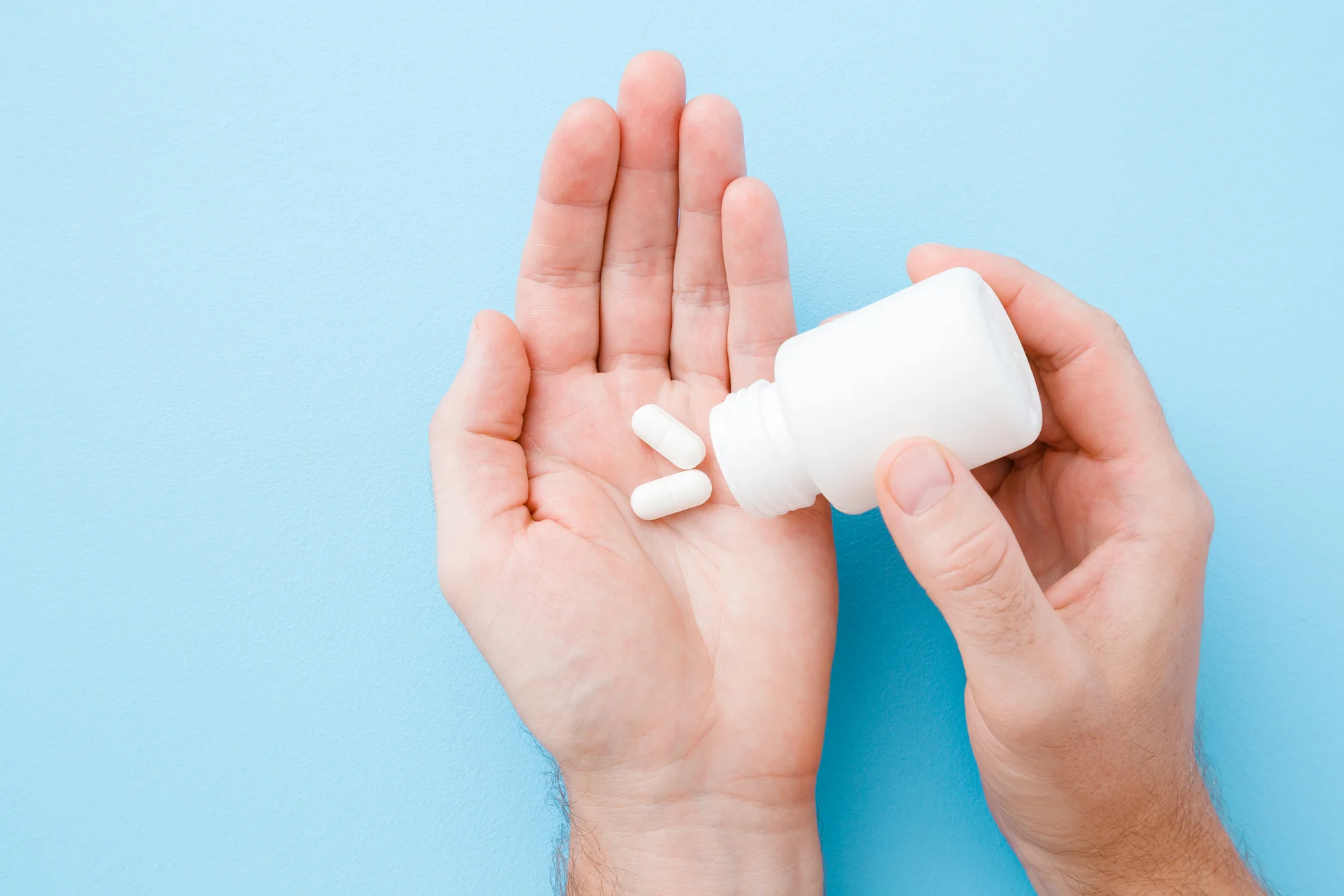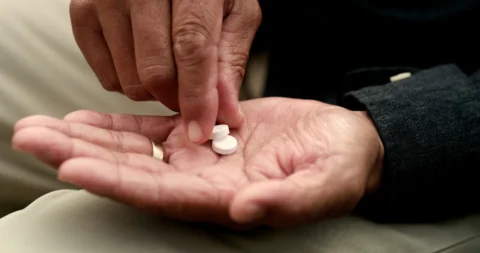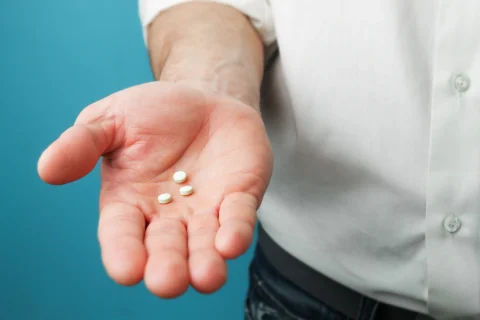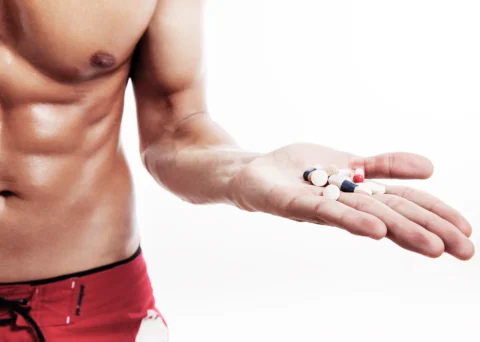Clomiphene citrate, often known as Clomid, is increasingly used in treating male infertility. A significant claim about this drug is its ability to increase semen volume.
This article delves into the research to examine if these claims hold true. We’ll closely analyze key studies focused on clomiphene’s impact on semen parameters, providing a detailed understanding of its effectiveness.
Everything You Need to Know About Clomiphene Citrate
First, a quick overview of what clomiphene citrate is and why it matters for male fertility.
Clomiphene is a selective estrogen receptor modulator (SERM) that works by blocking estrogen receptors in the hypothalamus, resulting in increased production of gonadotropin-releasing hormone (GnRH). This stimulates the pituitary gland to secrete more follicle-stimulating hormone (FSH) and luteinizing hormone (LH).
In men, increased LH signals the testes to produce more testosterone. So clomiphene can act as a testosterone booster. This mechanism of action is why clomiphene has been utilized as an off-label treatment to potentially improve sperm parameters in men with infertility.
How Does Clomiphene Citrate Work in the Body?
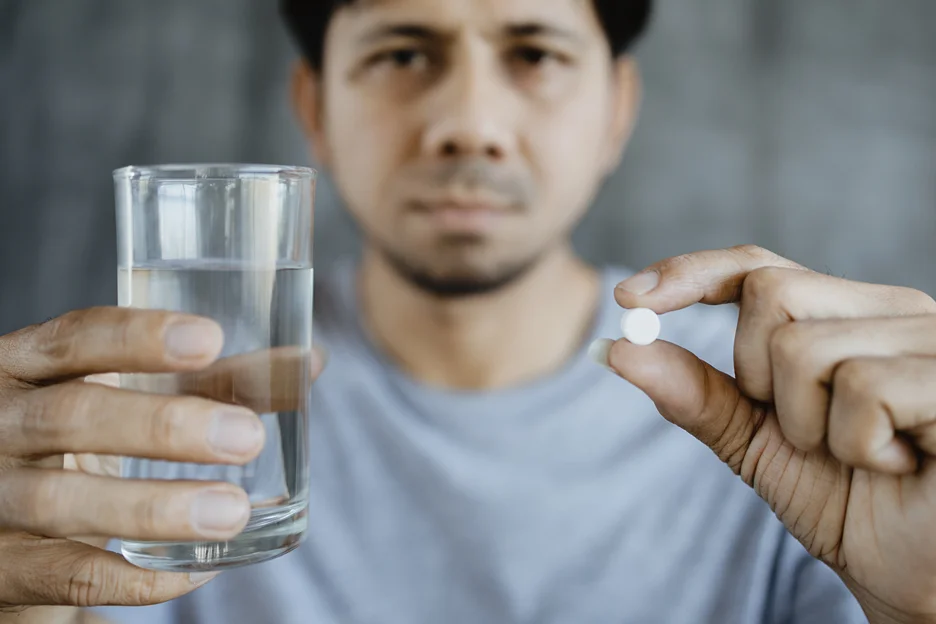
The theoretical basis for using clomiphene as a male fertility aid ties back to its effects on the hypothalamic-pituitary-gonadal (HPG) axis.
By blocking estrogen receptors, clomiphene citrate inhibits the negative feedback loop of estrogen at the hypothalamus. This disinhibition results in increased secretion of GnRH, which then stimulates the release of FSH and LH from the pituitary gland.
In men, the boost in LH prompts greater production of testosterone by the testes. Researchers have hypothesized that increased testosterone levels could then improve semen parameters, such as sperm count and motility. Some have also proposed that clomiphene may directly stimulate spermatogenesis.
Review of Key Research Studies on Clomiphene and Semen Volume
Now let’s examine some of the key studies investigating the effects of clomiphene citrate on semen volume and related parameters:
Clomiphene Significantly Increased Semen Volume
In a 2010 clinical trial published in Urology Journal, researchers treated 52 men with idiopathic infertility using either clomiphene citrate or L-carnitine for 3 months.
The study found that clomiphene citrate significantly increased semen volume while also improving sperm motility and morphology. The total sperm count, however, did not change.
The authors concluded that clomiphene citrate is a reasonable treatment option for idiopathic male infertility.
Clomiphene Increased Total Motile Count in Hypogonadal Men
A study looked at 77 men treated with clomiphene citrate (CC) for male infertility or hypogonadism. They were treated for about 2.8 months. Results showed improvement in sperm concentration and total motile count (TMC).
Men with very low motile sperm counts improved, expanding their treatment options. The study couldn’t find specific factors predicting who would benefit most from CC. However, it provided useful response rates for treatment decisions.
Though semen volume was not reported, a significant number of patients had an increase in total motile sperm count. This was attributed primarily to increased sperm concentration. The study indicates clomiphene may improve overall ejaculate quality in hypogonadal men.
Clomiphene Citrate’s Effect on Semen Quality in Men with Secondary Hypogonadism
In a study of 23 men with conditions like acromegaly, prolactinomas, and idiopathic hypogonadism, treated with clomiphene citrate (CC), the following results were observed:
- The average age was 40 years.
- Total testosterone levels increased significantly from 143ng/dL to 479 ng/dL after CC treatment.
- Among 11 men with infertility, 55% had low semen volume before treatment.
- After CC treatment, 64% of these men experienced a greater than 50% increase in total motile ejaculate count, mainly due to a significant rise in sperm concentration (average 5.8-fold increase).
- Among the infertility patients who did not respond to treatment, half had physical conditions like bilateral varicoceles or had undergone extensive pituitary tumor surgery.
- Two spontaneous pregnancies were reported among seven infertility responders.
Clomiphene citrate, used daily, can be effective for men with secondary hypogonadism. Most infertility patients treated with CC showed notable improvements in semen quality.
Medications Can Help Sperm Count and Possibly Volume
A general overview article on hyperspermia in Medical News Today notes that medications like clomiphene citrate may aid sperm count and potentially semen volume in some cases. However, direct evidence is still limited.
Contrasting Results on Semen Volume Changes
As the studies above demonstrate, the research on clomiphene’s effects on semen volume are somewhat mixed. Some studies revealed significant increases, while others found no major change.
There are several potential reasons for these differing outcomes:
- Patient factors like the underlying cause of infertility
- Interactions with other medications or supplements
- Varied dosages and treatment durations
- Limited sample sizes in some studies
- Challenges controlling for abstinence periods and frequency of ejaculation
More research controlling for these variables in larger patient groups may clarify clomiphene’s true impact on semen volume across different infertility etiologies.
Potential Side Effects and Safety Considerations
While clomiphene treatment appears relatively safe overall, potential side effects have been reported in some men. These include:
- Vision changes, blurry vision
- Headaches
- Mood changes, irritability
- Hot flashes
- Gynecomastia
- Acne
- Testicular pain or shrinkage
Patients with liver conditions may need to use clomiphene cautiously. And long term safety beyond 12 months is uncertain.
Conclusion and Future Directions

Clomiphene citrate shows the potential to improve some semen parameters, including possibly increasing semen volume in certain men based on current research. However, study outcomes are mixed, highlighting the need for further controlled studies on specific patient subgroups.
Key areas for future clomiphene research include optimal dosing, treatment duration, patient selection criteria, and combination approaches with other medical therapies. Larger randomized trials directly comparing clomiphene to other medical fertility options would provide valuable insights.
For now, clomiphene may be a reasonable option for some cases of male infertility, but treatment should be approached cautiously and patients monitored closely. As always, thorough evaluation and specialized care from a fertility specialist are advised.

